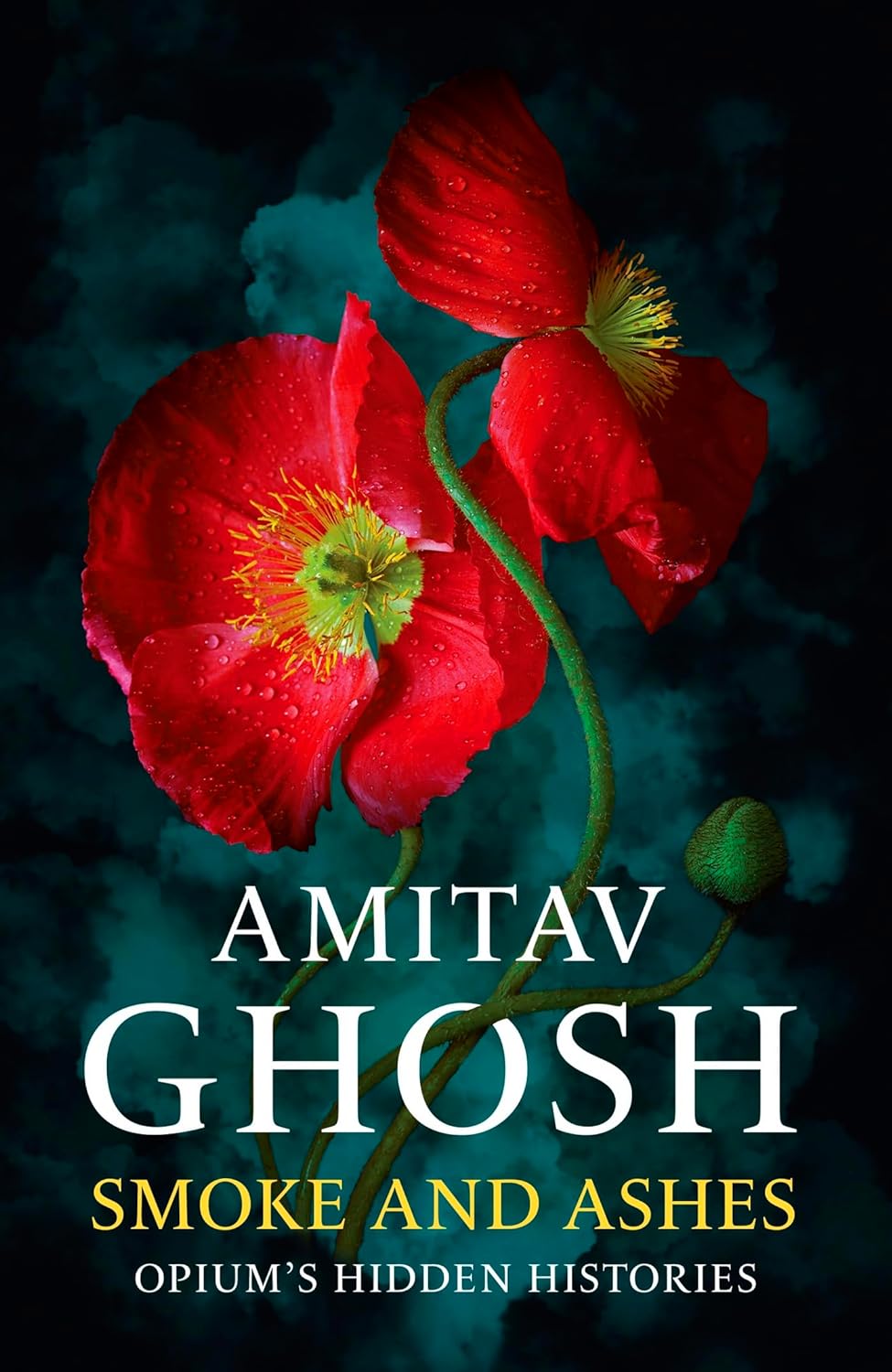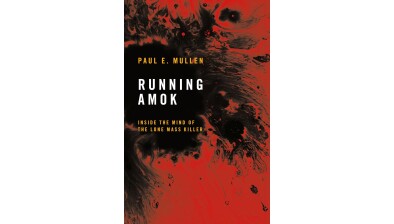Review: Opium for the masses

Robert Shiels is impressed by a new history of opium which paints a fascinating picture of an ancient trade with a profound impact on modern society.
Opium has its own history and this discursive study by novelist Amitav Ghosh, moving into factual history, concentrates on individual aspects of the opium poppy, Papaver somniferum.
That plant produces a uniquely powerful medicinal substance that has been known about for centuries. Its use remains indispensable in the modern age.
In particular, the anaesthetic qualities mean that opioid-based substances are still in use in surgical and dental procedures. The medicinal qualities of opium produce an altered state of consciousness, as do others but these alternatives were or are used primarily for that effect.
A further distinction between opium and other substances is that little effort, comparatively speaking, is needed for the other psychoactive substances, merely something like chewing or smoking. Opium, however, requires substantial effort to process it for practical use.
Amitav Ghosh has himself travelled extensively to inform himself as to the history of opium, initially for his novels, and what he saw and learnt has also been put to good use with an extended discussion of the diplomacy and economics of various trading nations in the Far East.
He traces the transformative effect in terms of national growth that the opium trade had on Britain, India, and China, as well as the world at large. Recognition is given to the involvement in the earlier trade of the Portuguese and the Dutch.
The history of the British in India is set in the context of prior events and matters have changed since the end of Empire. Legitimising a trade steeped in criminality was not a sole event at one point in history.
In the long-run, the financial returns the supply of opium became as apparent to later politicians and businessmen as they did in the 18th century. At the very least, opium came to be seen as a source of capital, and was crucial in the making of many South East Asian economies.
Moreover, the importance of the opium trade to the development of America and later as a model of practice for the pharmaceutical industry there is driven home by the author.
This is an excellent study, and not as demanding as academic tomes on the same subjects might be, presenting historical facts, ethical dilemmas for government and individuals, present political concerns and also the economics of supply and demand.
Issue might be taken at one or two points but in the scheme of things much of what Amitav Ghosh is interesting and informative, and he has presented an excellent study of the background to an ancient trade made more efficient in the modern era.
Smoke And Ashes: Opium’s Hidden Histories by Amitav Ghosh. Published by John Murray Press, 397 pp.










